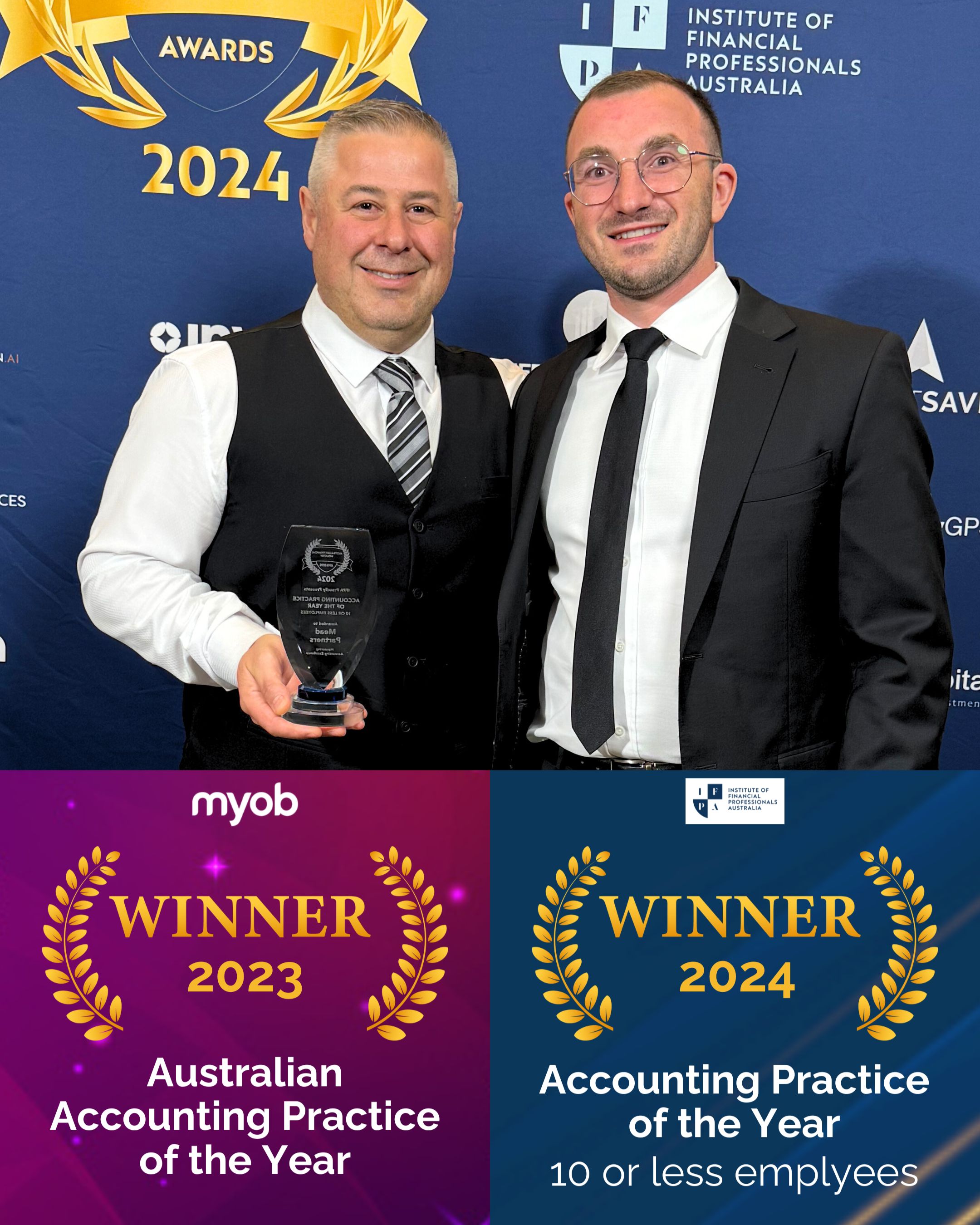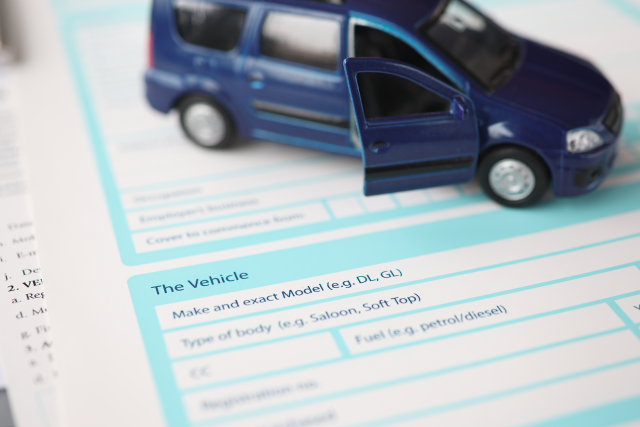



Book a Free Consultation!
✅Builders CFO Program
✅Business Improvement Program
✅Taxation Advice


As a business owner in Australia, understanding how to claim fuel tax credits is essential for maximising your financial benefits.
Fuel tax credits provide businesses with a credit for the fuel tax included in the price of fuel used in various business activities, such as:
- machinery
- plant
- equipment
- heavy vehicles
- light vehicles travelling off public roads or on private roads.
However, it’s crucial to be aware of the eligibility criteria and follow the correct procedures to ensure accurate claims.
In this article, we will delve into the details of fuel tax credits, including eligibility requirements, ineligible fuels and activities, and valuable tips to help you navigate the process successfully.
Table of Contents
- What is Fuel Tax?
- Eligibility for Fuel Tax Credits
- Ineligible Fuels and Activities
- Tips to Maximise Fuel Tax Credits for Your Business
What is Fuel Tax?
Fuel tax is a tax imposed on fuel products in Australia, including fuel excise or customs duty. The tax is embedded in the price of fuel and varies depending on the type of fuel and its usage. Fuel tax credits allow businesses to claim a credit for the fuel tax paid on eligible fuels used for business purposes.
Eligibility for Fuel Tax Credits
To claim fuel tax credits, businesses must meet certain eligibility criteria.
Here are the key factors to consider:
1. Business Registration
You must be registered for Goods and Services Tax (GST) when you acquired the fuel and have the necessary documentation to support your claim.
2. Fuel Usage
Fuel tax credits can be claimed for eligible fuel acquired, manufactured, or imported and used in your business activities. However, certain fuels and activities are deemed ineligible for claiming fuel tax credits.
Let’s explore the ineligible fuels and activities in detail.
Ineligible Fuels and Activities
Understanding the fuels and activities that are not eligible for claiming fuel tax credits is crucial to avoid erroneous claims.
Here are the key points to note:
Ineligible Fuels
- Fuels that are exempt from excise or customs duty, such as gaseous fuels that are not used for transportation.
- Aviation fuels, including aviation gasoline and aviation kerosene.
It’s important to note that additives, such as diesel exhaust fluids, are not taxable fuels and cannot be claimed for fuel tax credits when used in vehicles.
Ineligible Activities
Certain activities are also ineligible for claiming fuel tax credits. These include:
- Fuels used in light vehicles with a gross vehicle mass (GVM) of 4.5 tonnes or less, travelling on public roads.
- Fuel used for private purposes, including light vehicles like utes.
- Transport gaseous fuels used in heavy vehicles with a GVM greater than 4.5 tonnes for travelling on public roads.
- Fuel acquired but not used due to loss, theft, or other disposal methods.
- Fuel that had no excise or customs duty paid on it, such as used oil used as fuel oil in burner applications after filtering and de-watering.
While these activities and fuels are ineligible for fuel tax credits, it’s important to note that you can still claim for fuels used in light vehicles travelling off public roads, such as work sites and mining sites, as well as private roads.
Tips to Maximise Fuel Tax Credits for Your Business
Navigating the fuel tax credit process can be complex, but with the right knowledge and strategies, you can ensure accurate and maximised claims for your business.
Here are some valuable tips to help you get your fuel tax credits right:
1. Simplified Methods
Use the simplified fuel tax credit methods from the ATO to make your calculations easier. The basic method for heavy vehicles is especially useful for claims under $10,000 per year. These methods can help you calculate your off-road use and increase your fuel tax credits.
2. Global Positioning System (GPS)
Use a GPS or telematics product with an ATO ruling to make sure your fuel tax credit claims are accurate and certain of any size. Ensure that the GPS technology product you use has a product or class ruling from the ATO. Verify that the GPS technology accurately records routes, distances travelled, vehicle idling, and off-road fuel use percentages. If there are any discrepancies or issues with your GPS technology, consult with the GPS provider for assistance.
3. Check Your Activity and Apportioning
Accurately identify how your fuel is used, as this affects the amount of fuel tax credits you can claim. Properly apportion fuel used between on and off public roads, using fuel consumption rates that reflect the specific usage of your vehicle and activity. Ensure that you only claim fuel used to power air conditioning in sleeper cabins during long-haul trips and avoid claiming for ineligible activities like fuel used in light vehicles on public roads.
4. Stay Updated on Fuel Tax Credit Rates
Fuel tax credit rates change regularly, so it’s crucial to stay informed and ensure you are using the correct rates for our claims. Regularly check the ATO’s fuel tax credit rates for business to ensure accurate calculations. Also, consult your business advisor on the rate and request their assistance in calculating it if required.
5. Maintain Accurate Records
Keeping complete and accurate records is crucial when claiming fuel tax credits. Maintain records of fuel purchases, usage, and any testing undertaken to support your claims. If you use fuel consumption rates, document the testing process and the results obtained. Accurate records will help substantiate your claims and provide evidence of compliance in case of an audit.
6. Double-Check Your Calculations
Review your fuel tax credit calculations to ensure accuracy. Cross-reference your claim calculations with the quantity of fuel purchased and use the correct fuel tax credit rate for each activity. Remember to write the final fuel tax credit amount in whole dollars at the designated label on your BAS and retain records of your calculations for future reference.
7. Ask for assistance
If you need help with any aspect of the fuel tax credit process, don’t hesitate to ask for assistance from your accountant or business advisor. It avoids costly mistakes and ensures that you are claiming the maximum amount of fuel tax credits that you are entitled to.
Business advisors from Mead Partners can help you with all aspects of the fuel tax credit process, including:
- Identifying the types of fuel use that are eligible for fuel tax credits
- Calculating your fuel tax credit entitlement
- Maintaining accurate records
- Completing your fuel tax credit claims
- Dealing with any audits from the ATO
You can contact us here to increase the accuracy and
efficiency of your fuel tax credit claims, ensuring that you maximise the benefits for your business.
Conclusion
Understanding the intricacies of fuel tax credits is essential for businesses in Australia. By adhering to the eligibility requirements, avoiding ineligible fuels and activities, and implementing the provided tips, you can navigate the fuel tax credit process with confidence and accuracy. Remember to keep up to date with the latest rates and regulations, utilise simplified methods where applicable, and maintain comprehensive records to support your claims. By doing so, you can optimise your fuel tax credits and positively impact your business’s financial health.
Ref: ATO website, Fuel tax credits, Eligibility, Ineligible fuels and activities, Tips to get your fuel tax credits right

Send To Someone